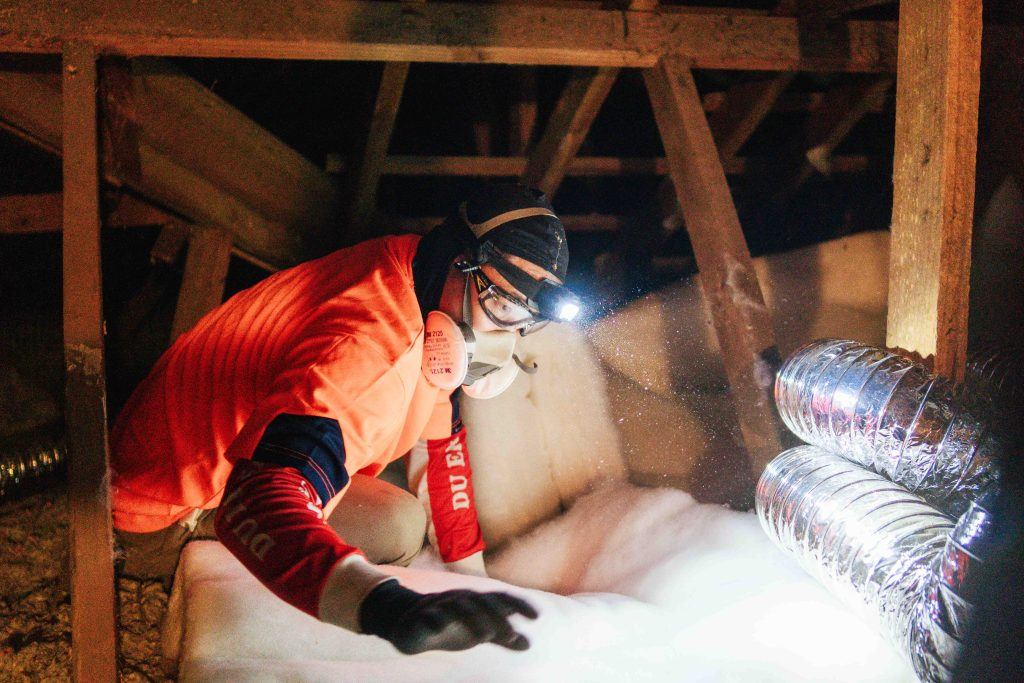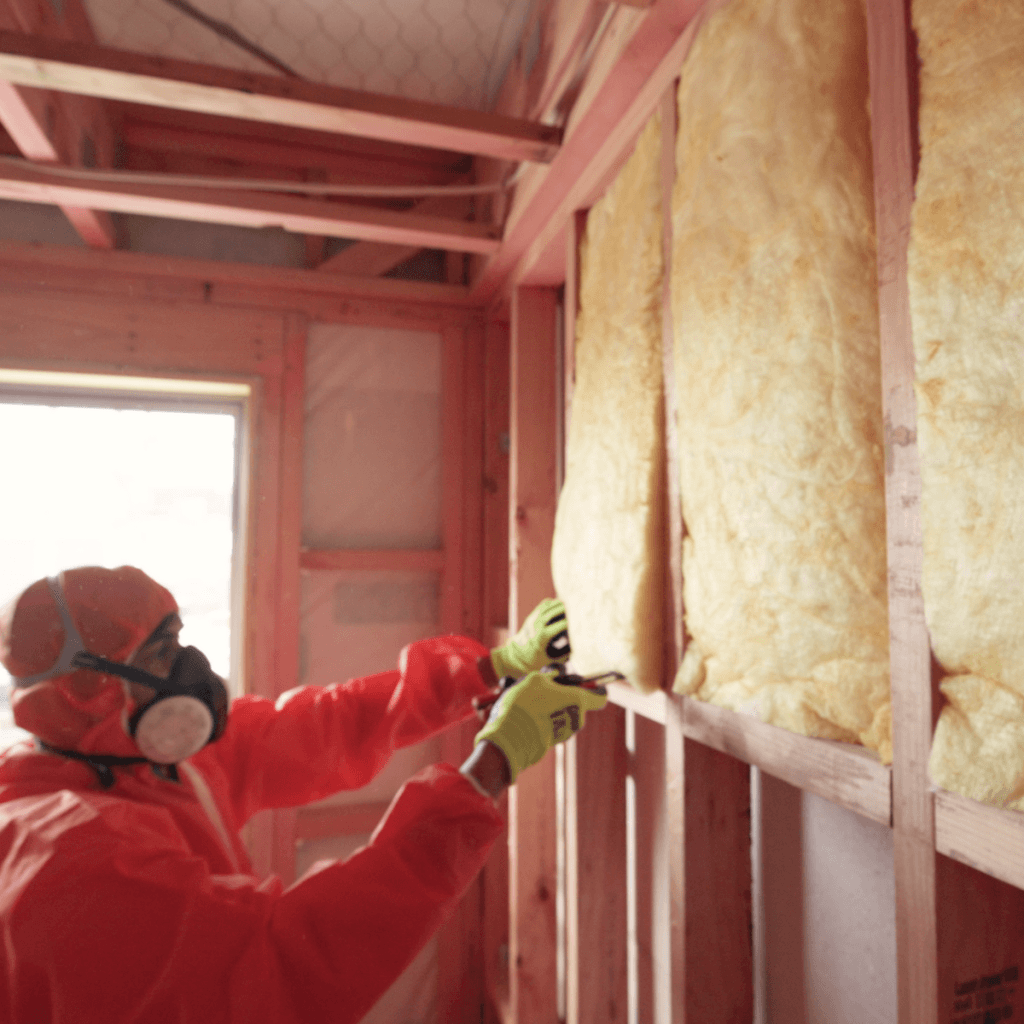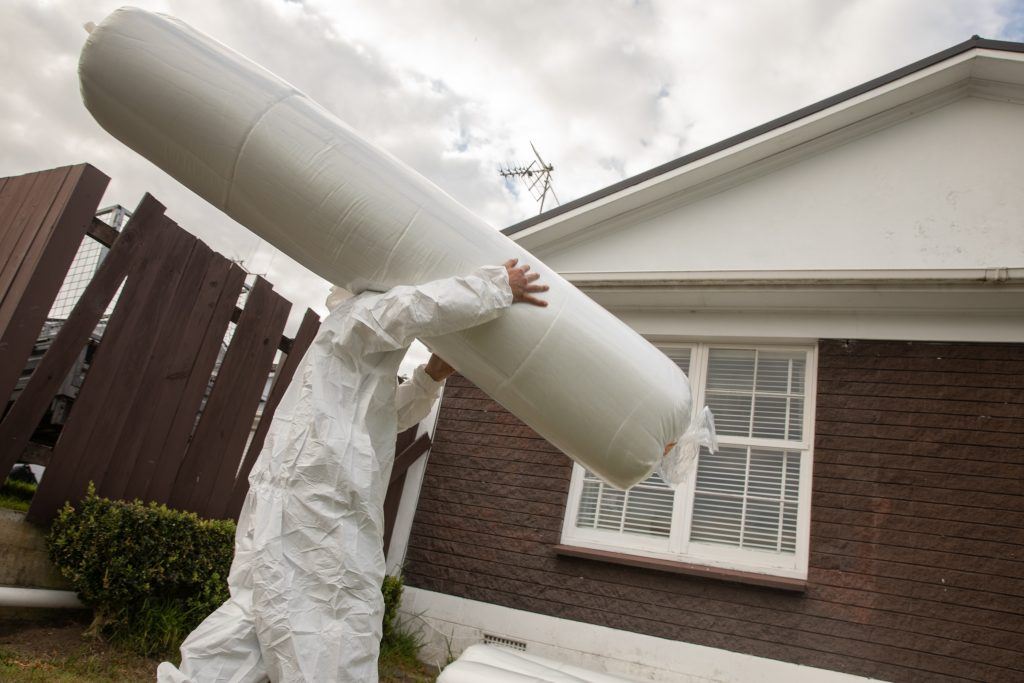When it comes to insulating your home, there are a lot of questions to consider. What areas need insulation the most? How thick should it be? How do you know when it needs replacing? Will it make a noticeable difference in comfort and energy savings?
And, of course, how much will it cost? While these questions can seem overwhelming, understanding your options can make the decision easier.
In this article, we’ll compare two popular types of insulation—Polyester and Glasswool—highlighting the differences to help you make the best choice for your home, new build, and budget.
Key Takeaways:
-
Polyester and Glasswool are two popular insulation types, each offering unique benefits for different needs and budgets.
-
Polyester insulation is durable, non-toxic, and made from recycled materials—ideal for soundproofing and allergy-sensitive homes.
-
Glasswool insulation is highly fire-resistant, cost-effective, and offers a wide range of thermal performance options.
-
Polyester is easier and safer to install but comes at a higher price. Glasswool requires PPE and more care during installation.
-
The right choice depends on your priorities—eco-friendliness and comfort vs. affordability and fire safety.
Polyester Insulation
Our 100% Polyester Insulation is a premium product made from at least 45% recycled materials, making it an eco-conscious insulation choice for your home. It’s known for its exceptional durability and sag-resistance, it also come with a 50-year warranty.

Polyester insulation is highly moisture resistant, meaning it won’t be damaged by excessively humid conditions. Additionally, it boasts stronger sound absorption properties than other insulation options, making your home a quieter, more peaceful place.
Polyester Insulation is safe to touch, non-irritating, and non-toxic, so no special protective equipment (PPE) gear is needed to handle and install it.
These qualities, however, do make Polyester insulation a bit more expensive than Glasswool.
Glasswool Insulation
Glasswool insulation is made from up to 95% recycled glass, spun into fine fibres. It is an affordable, effective material for both thermal and acoustic insulation, with extensive R-value offerings of up to 7.3, meaning it can fit in almost any project.

One of its standout features is its fire resistance, as Glasswool is non-combustible, making it a great option for fire-sensitive areas.
Like Polyester, Glasswool is moisture resistant, but it can degrade if exposed to significant amounts of water, so extra care is needed in humid environments.
It is also known to cause irritation to the skin during installation, so protective equipment (PPE) is essential.
Comparing Polyester & Glasswool
Both Polyester & Glasswool insulation will make a huge difference in stabilising your home’s average temperature, however there are differences between the two which could impact your decision making.

Which is right for my home?
Choosing the best insulation for your home depends on several factors, including location, budget, and your specific needs.
Both Polyester and Glasswool insulation offer valuable benefits for temperature control and energy savings, but there are clear distinctions in performance, ease of installation, and price.

If you prioritise eco-friendliness, soundproofing, and ease of handling, Polyester insulation could be the best option, albeit at a higher cost.
If fire resistance, and a lower initial cost are more important, Glasswool might be the better fit.
For personalised advice tailored to your property, our team of experienced assessors and installers is ready to provide expert recommendations.
Contact us today to book a free, no-obligation assessment and discover the ideal insulation solution for your home.